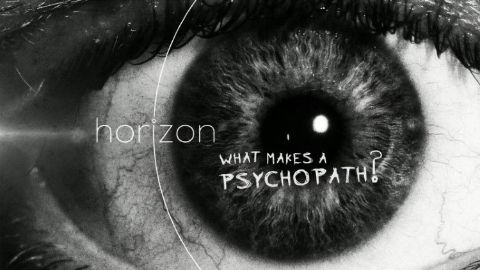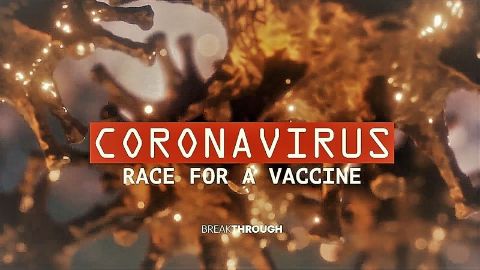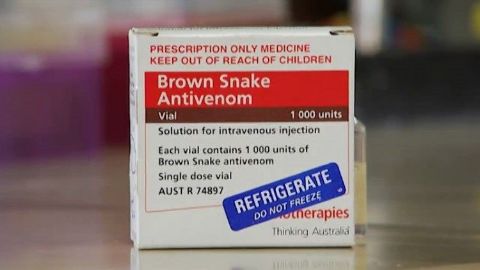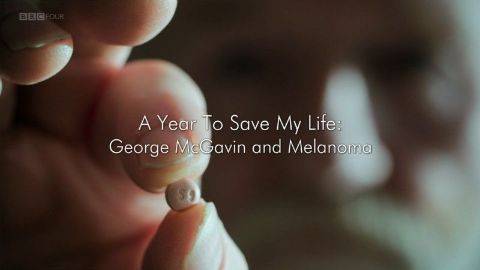Guts with Michael Mosley • 2012
What's really going on inside your stomach? In this documentary, Michael Mosley offers up his own guts to find out. Spending the day as an exhibit at the Science Museum in London, he swallows a tiny camera and uses the latest in imaging technology to get a unique view of his innards digesting his food. He discovers pools of concentrated acid and metres of writhing tubing which is home to its own ecosystem. Michael lays bare the mysteries of the digestive system - and reveals a complexity and intelligence in the human gut that science is only just beginning to uncover. The BBC name is "Guts: The Strange and Mysterious World of the Human Stomach".
Make a donation
Buy a brother a hot coffee? Or a cold beer?
Hope you're finding these documentaries fascinating and eye-opening. It's just me, working hard behind the scenes to bring you this enriching content.
Running and maintaining a website like this takes time and resources. That's why I'm reaching out to you. If you appreciate what I do and would like to support my efforts, would you consider "buying me a coffee"?
Donation addresses
BTC: bc1q8ldskxh4x9qnddhcrgcun8rtvddeldm2a07r2v
ETH: 0x5CCAAA1afc5c5D814129d99277dDb5A979672116
With your donation through , you can show your appreciation and help me keep this project going. Every contribution, no matter how small, makes a significant impact. It goes directly towards covering server costs.





